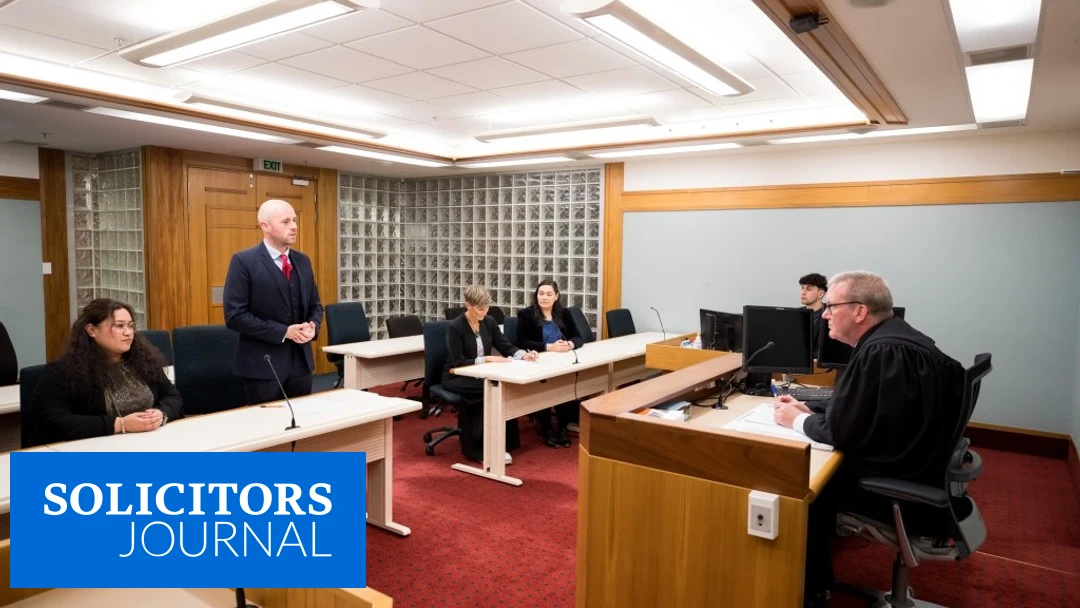Woman Awarded £30,000 from Father’s Estate Despite Disinheritance in Landmark Judgment
Landmark Inheritance Case Sees Estranged Daughter Awarded £30,000 from Father’s Estate
In a groundbreaking legal decision, Elena Nahajec has been awarded £30,000 from her late father’s estate, despite explicit instructions in his will that disinherited his children. This ruling, emanating from the County Court at Leeds, marks a significant moment in the application of the Inheritance (Provision for Family and Dependants) Act 1975, challenging previously held notions about testamentary freedom and the rights of estranged family members to claim from an estate.
The estate of Stanley Nahajec, valued at £240,000, was initially left entirely to his friend, Stephen Fowle, accompanied by a letter that clearly disinherited his three children. However, the court’s decision in favour of Elena Nahajec underlines a pivotal shift in how claims under the 1975 Act are perceived, particularly following the Supreme Court’s ruling in Ilott v The Blue Cross and Ors, which also focused on what constitutes reasonable financial provision.
His Honour Judge Saffman justified the award by highlighting Elena’s desire to pursue a veterinary course, suggesting that her claim for maintenance was legitimate under the revised understanding of the Act post-Ilott. This decision is notable given the estrangement between Elena and her father, with almost no contact in the years leading up to his death in 2015.
Mark Nahajec, Elena’s half-sibling who has been unable to work due to ill-health, also made a successful claim under the Act, settling for £22,000. The third sibling, Philip Nahajec, did not pursue a claim.
Julia Burns, an associate in the wills, trusts, and estates disputes team at Irwin Mitchell Private Wealth, commented on the implications of this case. She noted that the similarity in the percentage of the estate awarded in this case to that in Ilott (around 11.3%) indicates a consistent approach to defining “maintenance” in such claims. Burns also suggested that while estrangement might not entirely preclude a successful claim, evidence of attempts at reconciliation could significantly influence the court’s decision.
In his judgment, Saffman stated, “£30,000 is my best estimate of the capitalised cost of maintenance for a reasonable time going forward to take into account the possibility, albeit contingent, of the claimant undertaking a course which ultimately results in her becoming a veterinary nurse.”
This case not only sheds light on the evolving interpretation of the Inheritance (Provision for Family and Dependants) Act 1975 but also signals a broader consideration of what constitutes reasonable provision for estranged family members. It underscores the potential for successful claims against estates, even in the face of explicit disinheritance, provided there is a demonstrable need for maintenance.


